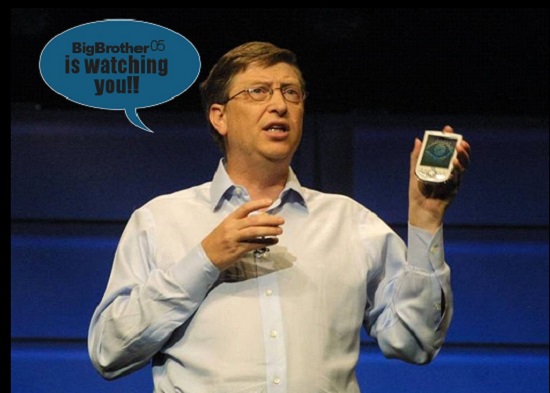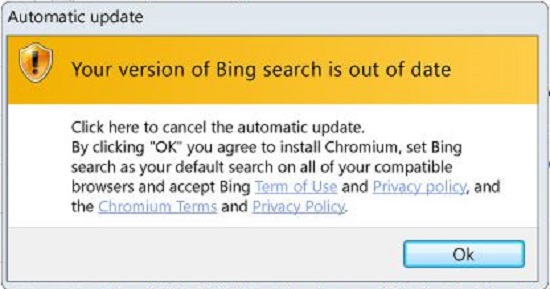
Wikipedia was a great idea when it was founded in 2001. For roughly its first decade it was a great tool. Not only was it useful as a free, online resource to get essential information that was mostly free of bias. And it was a means for people who have contributed ideas and created products and services to describe their contributions. Unfortunately, it has fallen on bad times because legions of people with too much time on their hands have used that time to bedevil mere mortals who dare to create additional entries. For example, we wrote the following description of our website TechnologyBloopers:
The website TechnologyBloopers in 2013 was created to chronicle the bloopers,[1]mistakes or misguided directions in design and implementation made in electronics, computing hardware, and software, calling them to the attention of the companies and individuals making them and asking that they be fixed. The website also chronicles the misguided hiring policies of many companies in the Bay Area [2] that insist on expanding in Silicon Valley [3] and so contribute to increasing the homelessness and the tent cities in Silicon Valley [4]. The website advocates to end homelessness in Silicon Valley and tries to feature opinions about the real reason why there are so many homeless people in Silicon Valley; [5] and has worked with artists and musicians in the Bay Area to produce Tent City Here We Come Again, a song about Tent Cities in the Bay Area.[6]
Technology itself does not create bloopers. The bloopers are the result of two kinds of human error. The first kind is “tops down”, i.e. organizational or institutional. It is the failure to create logical and reasonable policies and procedures. This creates a lot of “accidents going someplace to happen”. The second kind of human errors is “bottoms up”, namely the failure to understand human behavior and design the technology to deal with this behavior. Humans are creatures of habit, error-prone, sometimes lazy, etc., and these characteristics needs are taken into account in designing the technology.
For our pains the Wikipedia reviewer declined to allow this description, saying:
Submission declined on 10 May 2018 by David.moreno72 (talk).
This submission’s references do not adequately show the subject’s notability. Wikipedia requires significantcoverage (not just mere mentions) about the subject in published, reliable, secondary sources that are independent of the subject—see the general guideline on notability, the golden rule and learn about mistakes to avoid when addressing this issue. Please improve the submission’s referencing (seeWikipedia:Referencing for beginners and Help:Introduction to referencing/1), so that the information is verifiable, and there is clear evidence of why the subject is notable and worthy of inclusion in an encyclopedia. If additional reliable sources cannot be found for the subject, then it may not be suitable for Wikipedia at this time.
Declined by David.moreno72 22 seconds ago.Last edited by David.moreno72 22 seconds ago. Reviewer: Inform author.
When we asked Wikipedia about this gatekeeper, we find that he is a Master Editor entitled to display a Platinum Editor Star, and in 6.3 years has made 60,000 edits, or nearly 30 edits per day, so many would-be Wikipedia contributors have been affected, likely in a negative way.
Bad as this is, apparently the in-fighting among these editors is so intense that it triggered one of The Wall Street Journal’s front-page humor columns.




